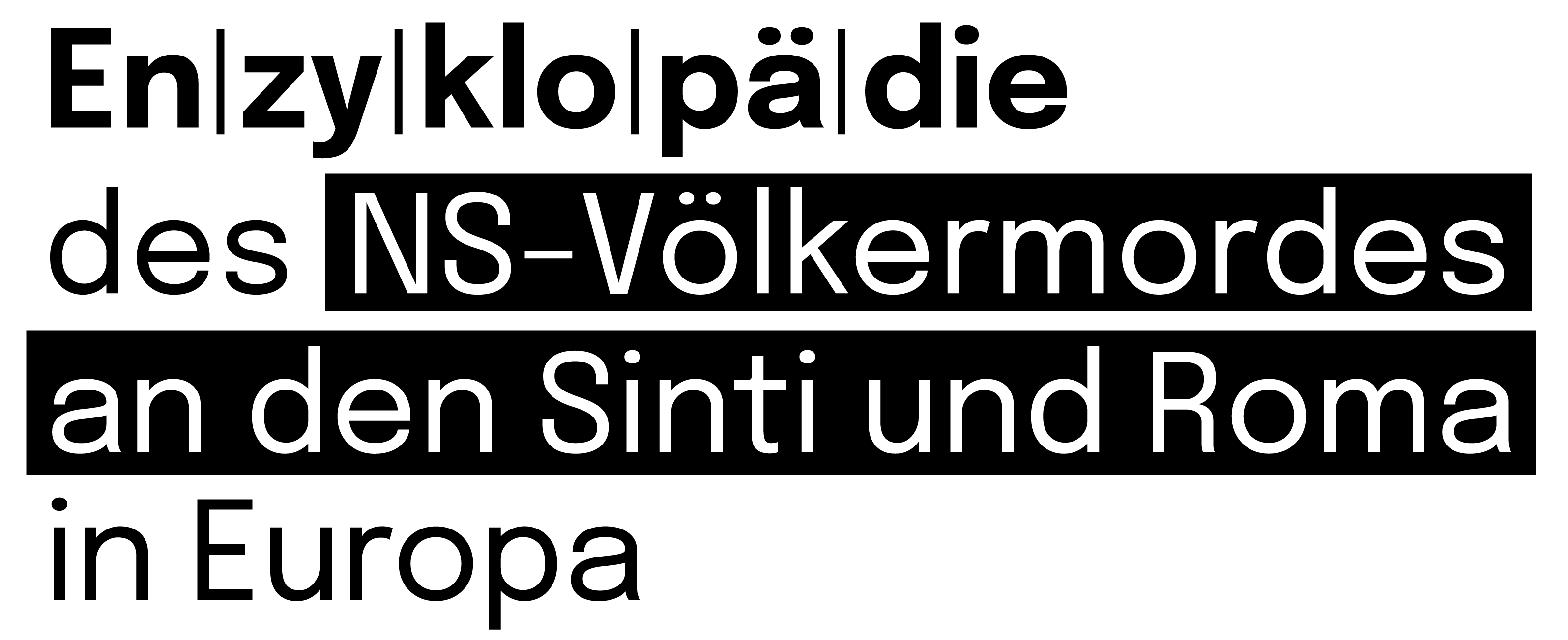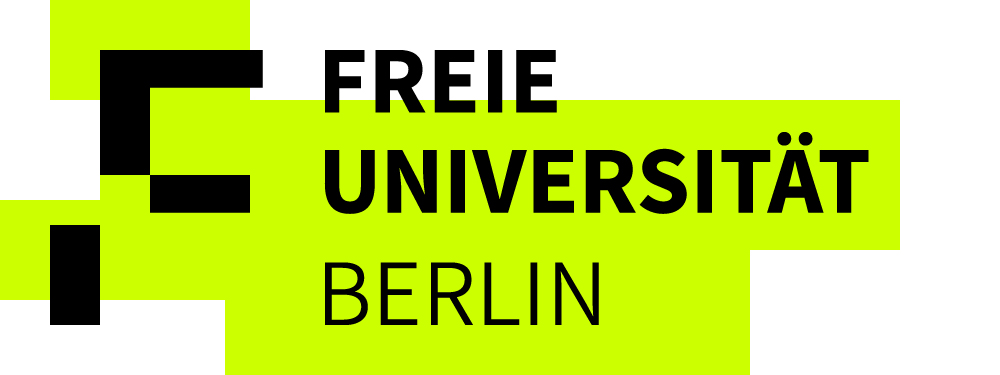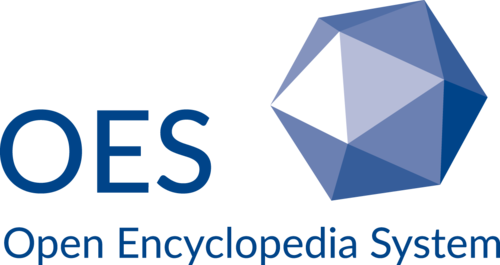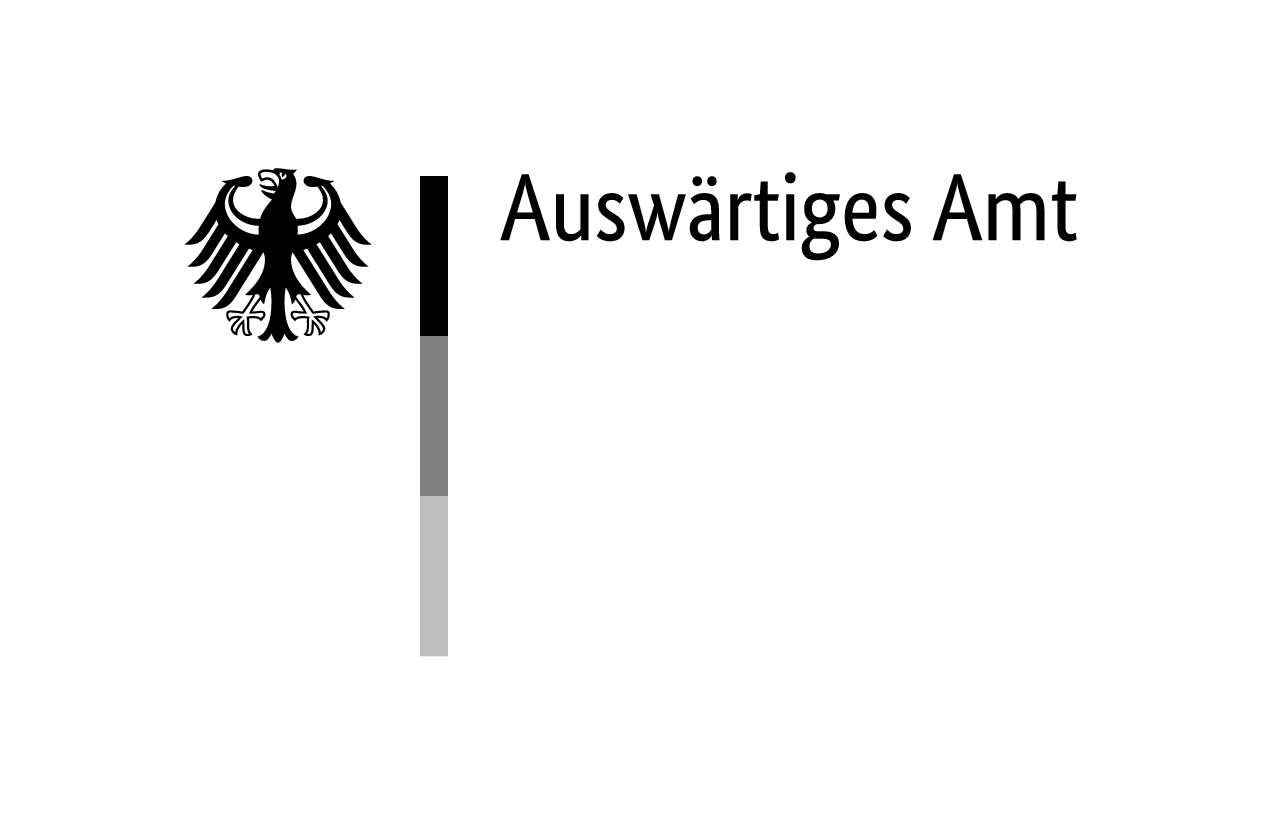The Project
The Encyclopaedia of the Nazi Genocide of the Sinti and Roma in Europe has been under development since July 2020 at the Research Centre on Antiziganism in the Department of History at Heidelberg University, based on a concept by historian Karola Fings and with generous funding from the German Federal Foreign Office. It includes an online edition, which will be published in German and English in spring 2024 and can continuously be supplemented and updated. A print version in German is planned. All contents of the Encyclopaedia are available to the public as a digital open-access publication. You can read more about the concept of the Encyclopaedia in the editorial.
The Research Centre on Antiziganism (FSA) was founded in 2017 in the Department of History at Heidelberg University. It is the first university specialist academic institution to deal with fundamental studies on the causes, forms and consequences of antigypsyism in European societies from the Middle Ages to the present.
The project manager and editor of the Encyclopaedia is Karola Fings. The team building the Encyclopaedia includes Sarah Kleinmann (since 07/2021) and Martin Holler (since 01/2023) as research assistants. The work is supported by student assistants Nils Lützen and Diana Partel (both since 04/2022). Eve Rosenhaft, University of Liverpool, is responsible for the editing and proofreading of the English-language edition of the Encyclopaedia, and Jutta Mühlenberg, Hamburg, assists with German-language proofreading. Frank Reuter (Scientific Director of the FSA) supports the project as an advisor, Sandra Schmierer (administrative employee of the FSA) in an administrative capacity.
The online edition of the Encyclopaedia is based on the Open Encyclopedia System (OES). OES is a flexibly adjustable platform for the development and operation of online encyclopaedias in open acces. This open source software was developed at Freie Universität Berlin from 2016 to 2020 and has since been continuously enhanced at the FUB-IT, Dept. E-Learning, E-Research at Freie Universität together with project partners. Brigitte Grote (head of the ‘Research Software’ team at FUB-IT) and her team are responsible for developing the data model and the technical implementation of the online Encyclopaedia. The design of the website was also configured by FUB-IT, Team Research Software, according to drafts by the communication designer Ruedi Baur of Intégral Ruedi Baur Paris.
The Encyclopaedia offers the first rigorously research-based and content-structured overview of the knowledge about the Nazi genocide published in many different languages and countries. This overall view is based on the dedicated participation of an international network consisting of over 100 authors from 25 countries (as of June 2025).
The contributions are published under the Creative Commons Attribution-NonCommercial-NoDerivatives 4.0 International (CC BY-NC-ND 4.0) licence. Each contribution has a unique URL as well as a Digital Object Identifier (DOI) to ensure unrestricted scientific citation. Heidelberg University Library guarantees the sustainable and long-term storage of all published texts.
The rights to the photographs are held by the respective copyright holders.
Academic Advisory Board
The academic advisory board supports the development of the Encyclopaedia, advises the project above all on questions of research and scholarship and supports the peer review. Its members are:
- PD Susanne Heim | Freie Universität Berlin
- Prof Dieter Pohl | University of Klagenfurt
- Prof Tanja Penter | Heidelberg University
- Prof Sybille Steinbacher | Goethe University Frankfurt and Fritz Bauer Institute, Frankfurt am Main
- Prof Nikolaus Wachsmann | Birkbeck, University of London
- Prof Jens-Christian Wagner | University Jena and Buchenwald and Mittelbau-Dora Memorials Foundation, Weimar
- PD Jane Weiß | Humboldt University, Berlin
- Prof Michael Wildt | Humboldt University, Berlin
Cooperation Partners
The cooperation partners support the development and publication of the Encyclopaedia and contribute to making its results available for historical-political education and commemorative activities and to making them known to the public, politics and science. The cooperation partners are:
- Federal Agency for Civic Education | Bonn-Berlin
- FUB-IT, Team Research Software | Freie Universität Berlin
- Documentation and Cultural Centre of German Sinti and Roma | Heidelberg
- Documentation Centre of Austrian Resistance | Wien
- Fritz Bauer Institute | Frankfurt am Main
- Foundation Memorial to the Murdered Jews of Europe | Berlin




